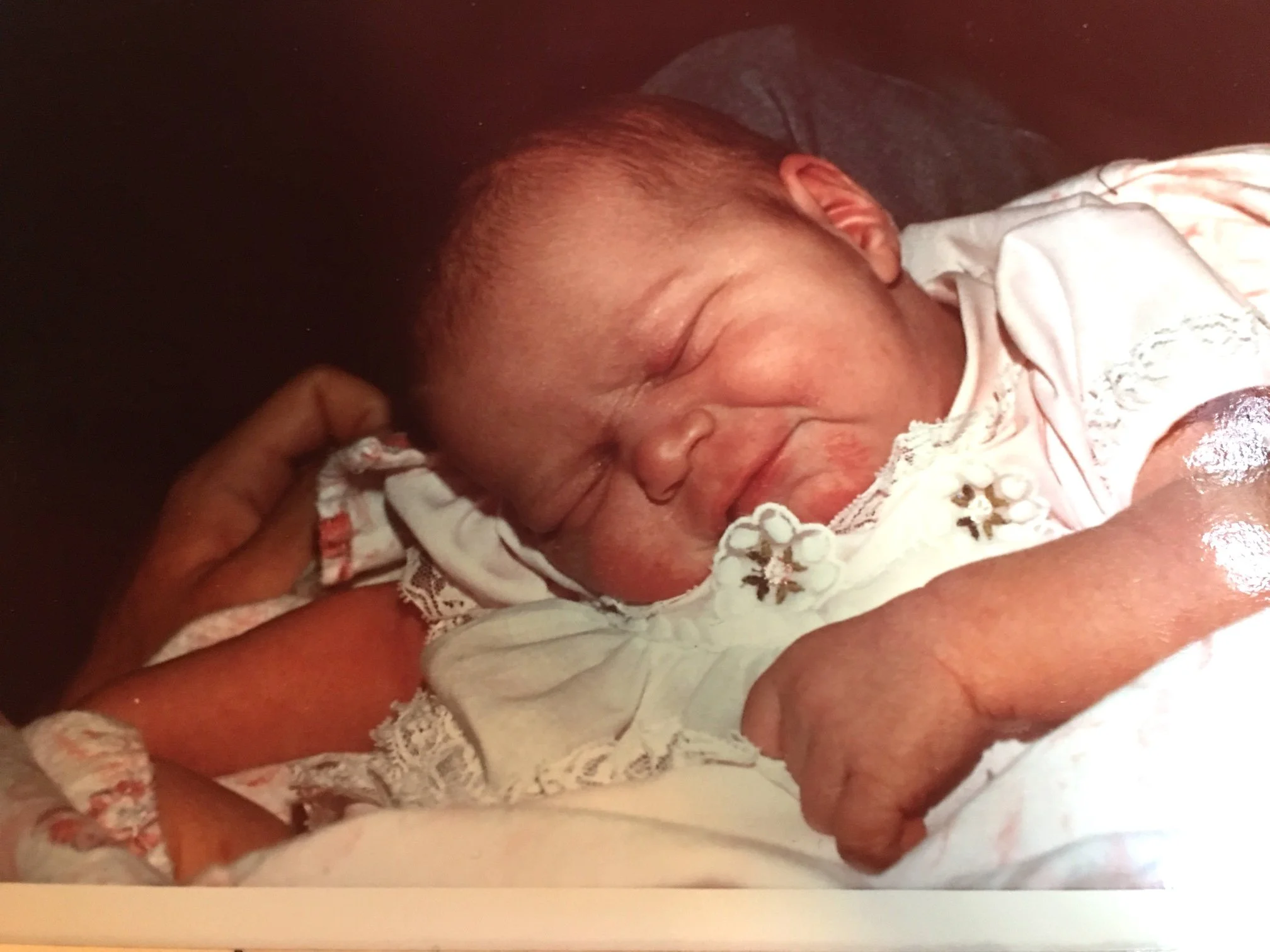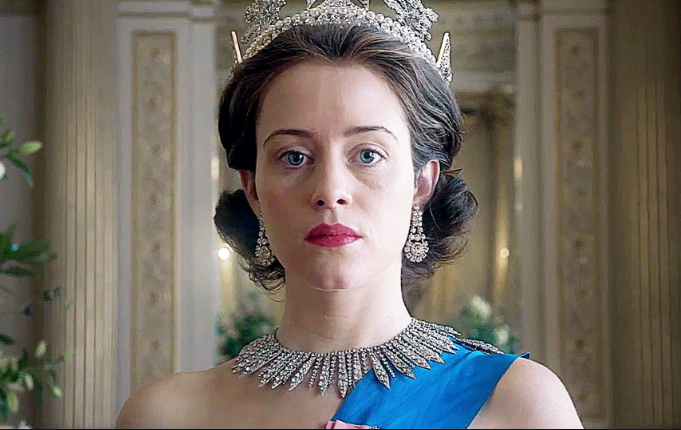Dreams as a Spiritual Practice Again
Guest Writer Bridget Hyde
“What I have continued to find… is that dreams are sources of wisdom for problem-solving and life enhancement. They put us in touch with dimensions of ourselves that are normally hidden and that we need in order to grow toward our full potential.” — George R. Slater in Bringing Dreams to Life (Paulist Press, 1995).
The first dream I took to spiritual direction was walking barefoot in the snow. When my foot touched the ground in the dream, I became aware that I was dreaming, and then I started to pray. Reflecting on that dream, I see a person becoming conscious of dreams’ divine nature. When my bare foot touched the ground, I became grounded in the grace of the unconscious.
I had been recording my dreams, sharing them with friends, and honoring them with symbol work, but I had not sought discernment from a spiritual director in this work. So when I told a friend about this dream, she begged me to work on the dream with a retired Episcopal priest and spiritual director named Allen Whitman.
I followed her stern invitation and began a five-year study of my dreams with Allen. From this inward study, I became aware of many different aspects of my character. My work in dreams began to show me how to connect a dream’s symbolic language to my life’s circumstances. For example, when making a big decision, I dreamed that my airline flight was interrupted. The dream plane was grounded, and I was forced to wait before boarding another plane.
When Allen and I worked on the dream, we both realized that I had come to a waiting time in the decision process. Because of this dream, I waited to take decisive action. I am so glad I did. It was a wonder to see my work in dreams as a kind of spiritual direction. Finally, I started to trust my dreams and their divine nature. Looking back, I see how God has guided me through my dreams, and I honor spiritual direction in dreams as a holy gift.
Bridget Hyde
Joanna https://www.joannaseibert.com/






